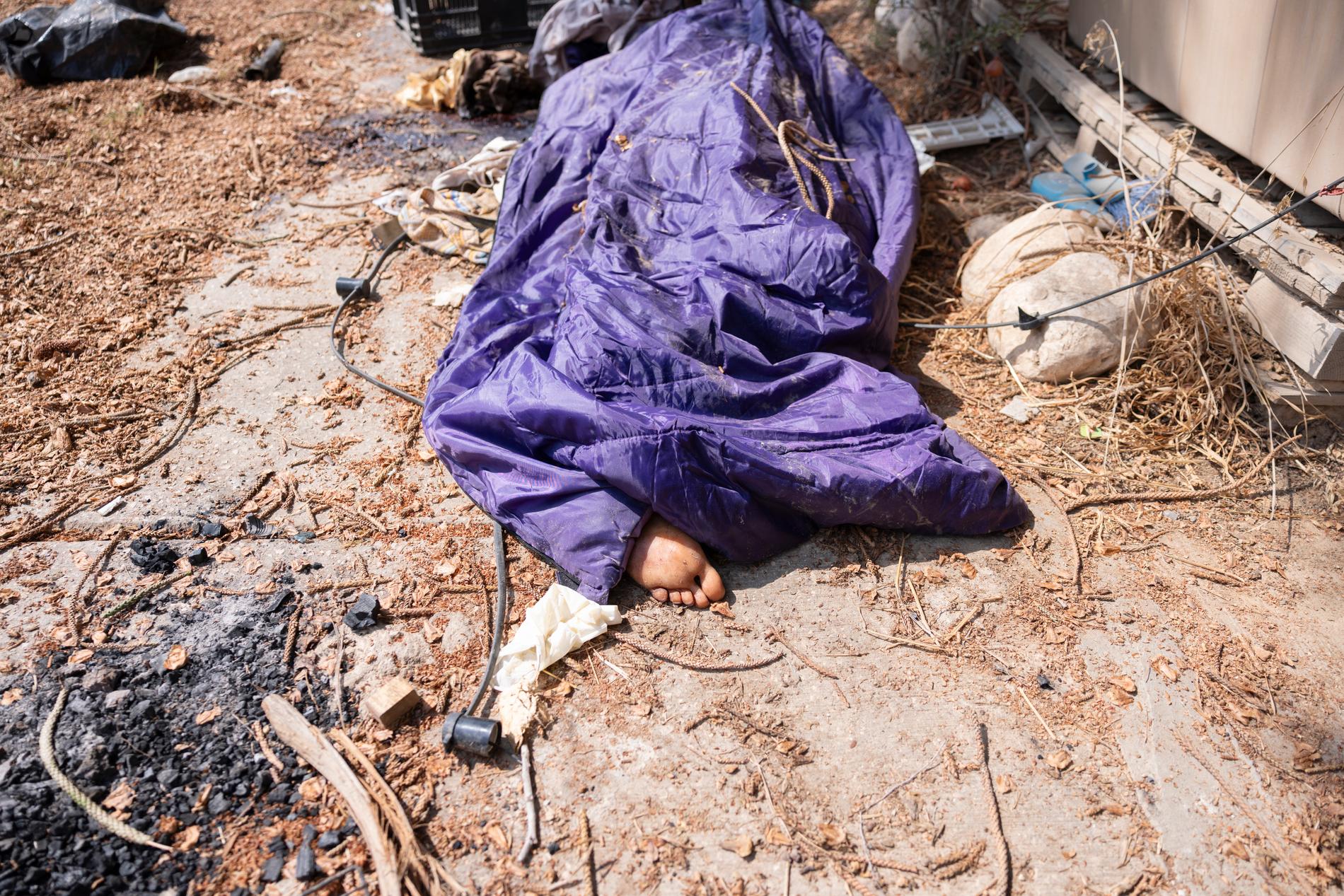Israel
Can it be argued that Netanyahu is a terrorist?
Wolfgang Hansson
This is a commenting text. Analysis and positions are the writer's.
Updated 20.53 | Published 20.41

Israel has the right to defend itself - but depending on how many innocent civilians were killed and injured, Benjamin Netanyahu may have violated the principle of proportionality.
Quick versionTwo of the victims of the first day's explosions were children. A number of the injured were civilians who just happened to be near one of the pagers that was blown up.
It is still unclear how many of the victims of yesterday's walkie-talkie explosions were innocent civilians. At least 20 people are said to have been killed and 400 injured. In total, this means around 3,500 injured in two days. Such a large number that it seems unlikely that all would be part of
Hezbollah's military offensive against Israel.
It has raised the question of whether Israel's actions were in fact a terrorist attack.
Civilian casualties decide
The experienced international law expert Ove Bring said in an interview with Sveriges Radio yesterday that the decisive factor for whether Israel's actions can be classified as acts of terrorism is how much of the injured and dead can be considered innocent civilians.Are these commensurate with the military benefit of the attack? That question can only be decided when we know how big the innocent victims were, says Bring.
One definition of terrorism is that it is intended to strike fear into the population. Something Netanyahu really succeeded in doing in Lebanon. People are terrified of the new electronic threat.

Solidarity with Hamas
But another important circumstance is that it was Hezbollah that attacked Israel first. It happened very soon after Hamas' terrorist act inside Israel on October 7 last year. Hezbollah began shelling northern Israel with robots as a way of "showing solidarity" with the Hamas attack.Hezbollah has since continued its shelling almost daily. Israel has responded by bombing Hezbollah bases and launch pads in southern Lebanon. About 70,000 Israeli civilians have been evacuated from the northern parts.

A question of interpretation
In other words, Israel has every right to strike at people who are behind the shelling of the country. If these are the main victims of exploded pagers and walkie talkies, the actions cannot be classified as acts of terrorism.The problem is that it always becomes a question of interpretation as to how many civilian victims are proportionate in such attacks.
In Gaza, Israel has bombed residential buildings with 50-100 dead civilians as a result and justified it by saying they wanted to kill a Hamas commander in the building. Few more than Israel think such violence is proportionate.
The chief prosecutor at the International Criminal Court in The Hague has already indicted Prime Minister Netanyahu and Defense Minister Yoav Gallant for war crimes in Gaza.

Could be jail time
The fear of new charges is unlikely to deter Netanyahu from operations similar to the one in Lebanon.For him, not only the existence of the state of Israel is at stake, but also his own.
Hezbollah has said it will stop shelling Israel the moment there is a ceasefire in Gaza. Negotiations for one have been going on for months but every time a settlement seems close, Netanyahu acts to sabotage the efforts.
Even many Israelis accuse Netanyahu of wanting to keep the war going for personal gain. If the war ends, most say that Netanyahu's days in power are numbered. He also has three corruption charges against him that will be reopened when the war is over. It could end with him being sentenced to prison.

No offensive has yet taken place. However, Netanyahu has added a new target to Israel's war. The evacuees should be able to return to their homes in northern Israel. They cannot do that unless Israel can end Hezbollah's rocket attacks. Then a military offensive against the terrorist-branded armed branch is required.
Iran can be pulled in
This can be done through a ground offensive or with intensive bombing. Or a combination. Such an Israeli counterattack risks drawing Iran even more directly into the conflict and resulting in a major regional war. A war in which Israel too would suffer great losses both among the military and the civilian population. Even Israeli children would be at risk of being killed and injured.The impression is that Benjamin Netanyahu is prepared to pay that price as long as he himself can postpone his own political death.

Inga kommentarer:
Skicka en kommentar